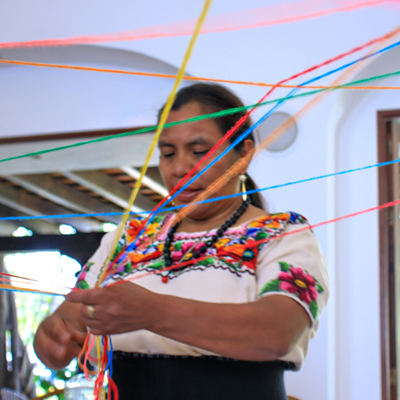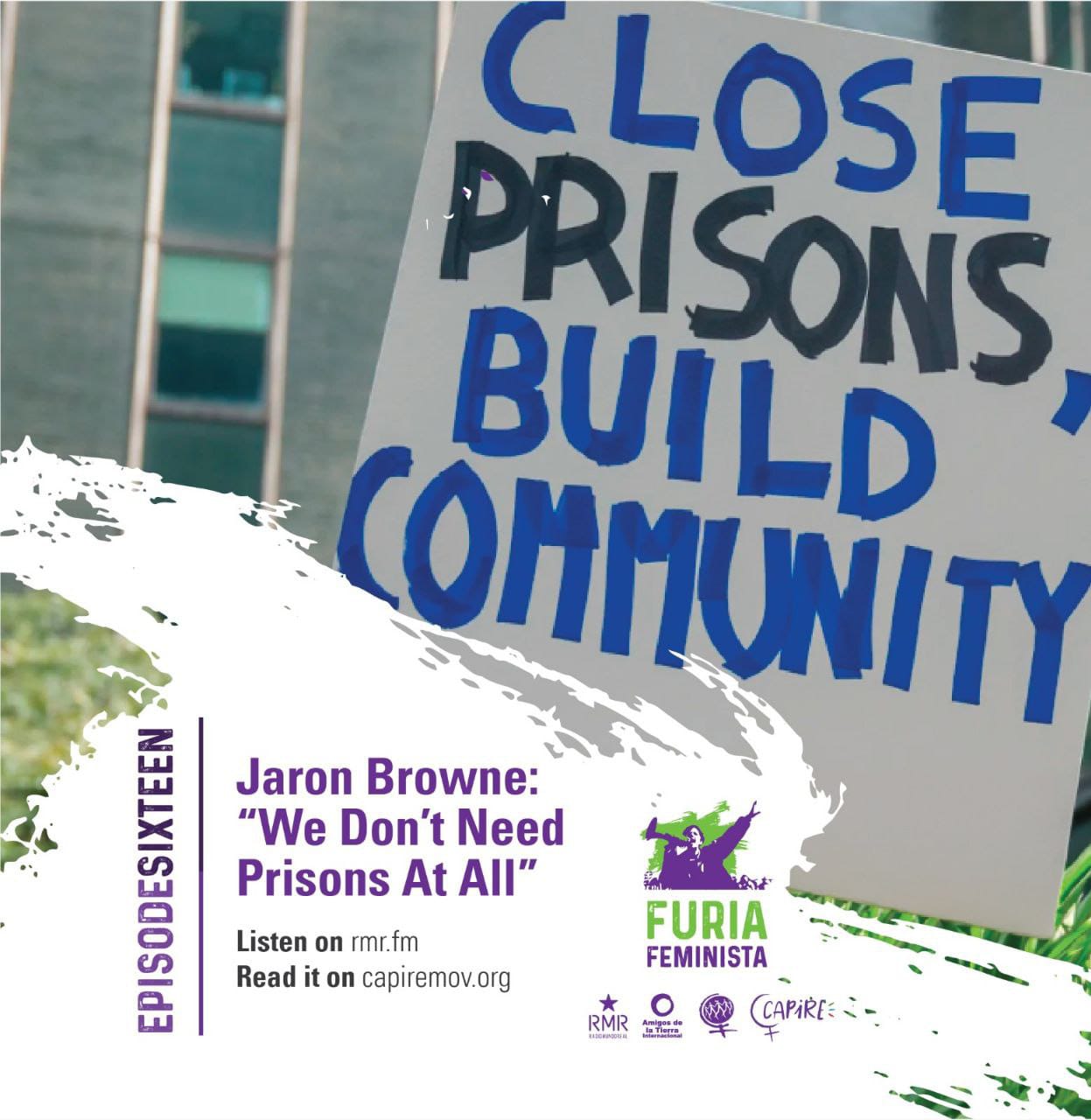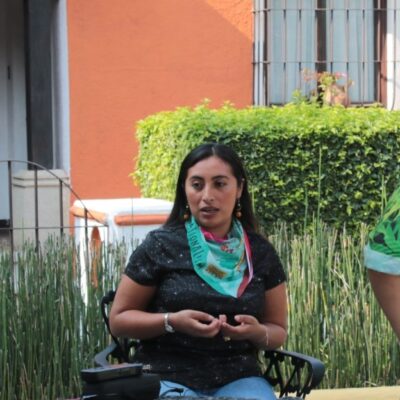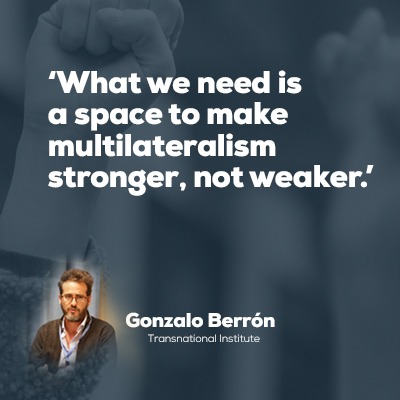Brumadinho: one million people affected
A year after the largest environmental crime in Brazil, the people affected will mobilize to expose the impunity
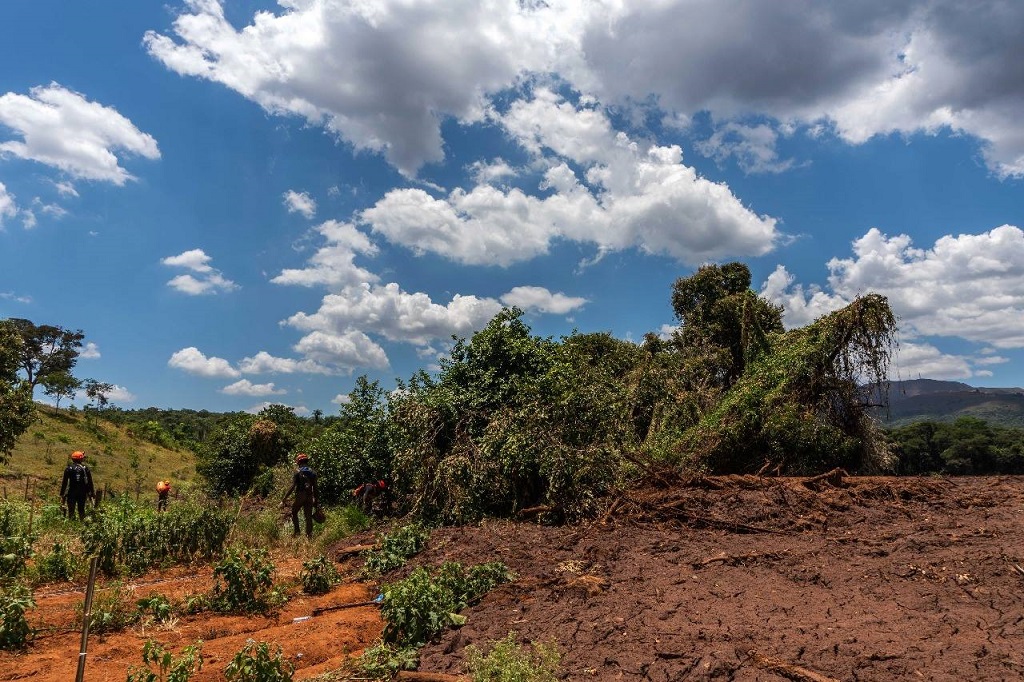 Search for victims a week after the environmental crime in Brumadinho. Photo: MAB/February 2019.
Search for victims a week after the environmental crime in Brumadinho. Photo: MAB/February 2019.
“This is the second crime of this type. Brumadinho has been worse than Mariana. How many more crimes will it take to rethink the mining paradigm?” Moisés Borges, member of the National Coordination of the Movement of Peoples Affected by Dams (MAB) told Real World Radio.
The MAB is getting ready to host tens of activists from around the world in Belo Horizonte, especially members of the Latin American Movement of People Affected by Dams (MAR) who fight against the extractivist mining-energy model and against dams, under the slogan “Water and energy are not commodities”.
Defenders of territories and human rights, together with inhabitants from several municipalities of Minas Gerais state will march from 20-25 January to demand justice and punishment for those responsible of the Brumadinho crime that took place on 25 January 2019.
In interview with Real World Radio, Moisés Borges explained in detail these Days of Struggle organized by MAB and the march they will carry out following the reverse path of the toxic mud from the tailings dam. RWR will be present covering the activities together with other alternative media.
The MAB estimates that over a million people have been affected, beyond the 100,000 that receive emergency payment which would end in a few days. The people affected not only include the 272 dead people, eleven of which continue missing. The families who have lost it all, who can´t go back to work, the adults and children who experience skin and digestive problems due to the polluted water have also been strongly affected.
“A small victory was to remove Vale from being in charge of finding the missing people”, said Borges. When the MAB managed to have the Civil Defence in charge of looking for people under the thick toxic mud, people began to understand the scale of the environmental and social crime. However, so far no executive of Vale has been accused or prosecuted for the events.
“None of the culprits have been identified, none of them have been imprisoned. We want them to be punished”, says the MAB.
After the collapse of the two world´s largest dams in Minas Gerais, it is necessary to rethink the mining paradigm. In 2018, this sector only represented 1.4 % of the Brazilian GDP, according to the Brazilian Mining Institute. Almost 90 % of the minerals extracted in Brazil are exported, leaving widespread destruction in the communities, with the pollution of rivers and forests, death of animals, destruction of economic activities such as fishing, agriculture, tourism and damages to the physical and mental health of the population.
With the Kandir Law, “Brazilian States have lost 821.5 billion reais in earnings due to exemptions of primary and semi-finished good exports between 1996 and 2018. In addition to this, there is also evidence of tax evasion by the largest mining companies operating in the country, according to the Court of Accounts of Brazil”, reported local media.
“The form in which minerals are exploited in Brazil is the cheapest and the most polluting in the world. Companies keep all the profits, but profits cannot be worth more than lives. Brazil has a huge water capacity, that´s why it is the main source of energy in the country, and pure water is used for mining and hydroelectric dams. This needs to change, resources cannot continue being only available for the capital, energy needs to be under the sovereign management of the people,” concluded Moisés Borges of the MAB Coordination.



